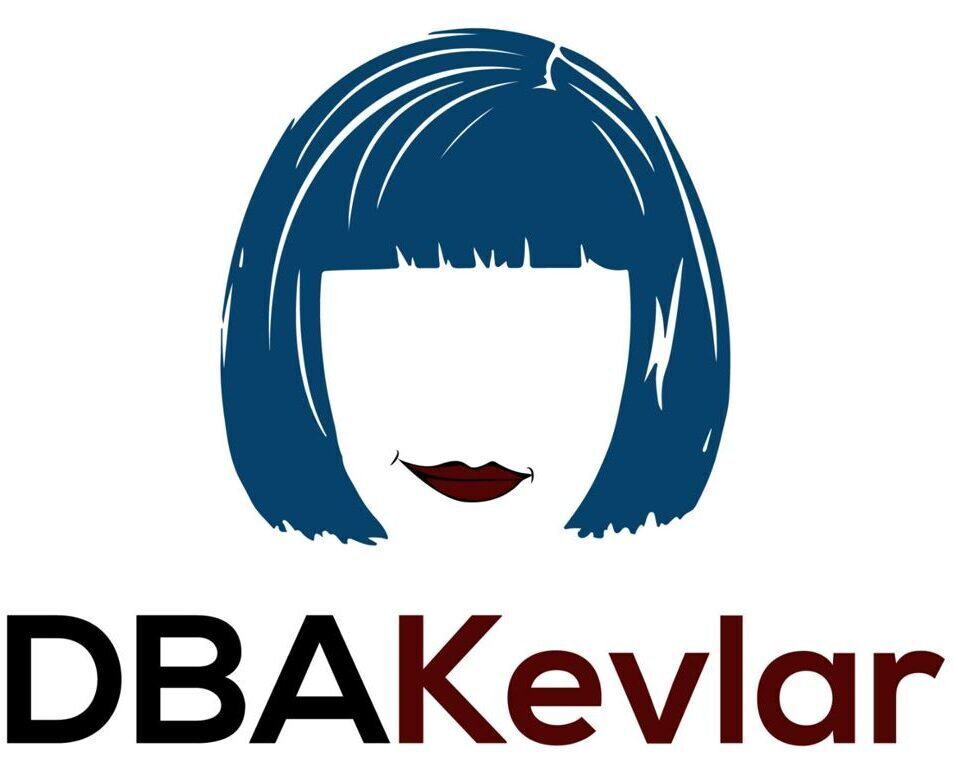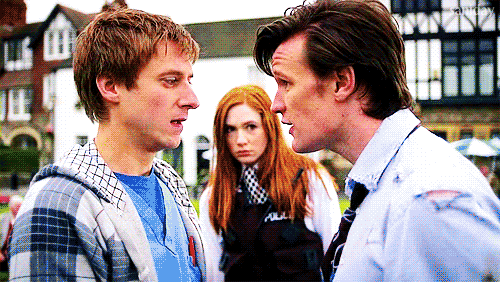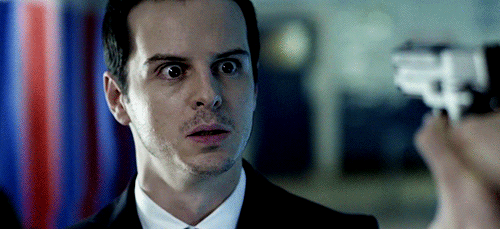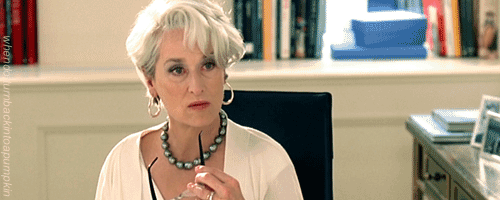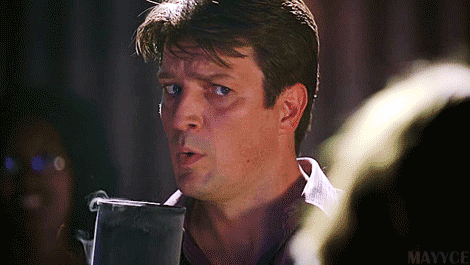Unlike other forms of communication, social media can be a real gray area for rules on what dictates freedom of speech and how you have to endure with those that may not be pleasant to interact with. I’m often told what etiquette some feel it necessary and that I should just disengage from some people online.
The truth is, not everyone gets social media and many just don’t understand boundaries or how to communicate productively when online. You, as a member of the online community, have the right to choose who you communicate with and when it’s time to NOT communicate with another person online. Although I often keep this type of post to Linked in, I decided to discuss this here, as I think it’s a question that many ask themselves when they run into social media disagreements-
When do I draw a line and how do I justify enough is enough?
Luckily, most people are busy with their day that they just don’t care what other people are posting. I think the most disconcerting are those that think so deeply about what other’s have posted in a 140 character limit that it completely consumes their day and yes, they are out there.
You MUST Respond to Me
I’ve blogged about data I’ve gathered that demonstrated how the more interaction and attention you attain on social media, the more often negative reactions, (abusive incidents) will occur from certain personality types. I also noticed that there were those that weren’t abusive or destructive, but were negative in their interaction. Others on social media will recognize this type- you see their handle come up on your feed and think, “Sigh….what now….” You are hesitant to look at their response to something you’ve posted, as you know when you do, you rarely feel good afterwards. Their comments almost consistently have a “but” in them. “I liked your post, BUT….” “The topic is good, but…” If you react, they think you’re sensitive to criticism when the truth is, their goal is meant to dismiss your post that you’ve taken the time to share. These types commonly show up in your social media feed at the same time as abusive types when you analyze social media data. Many online categories will class these posts along with abusive types as trolls, but I’ve chosen to categorize them with the title of the “pokers”.
Why do I call them this? Remember when you were a little kid and you had that one friend or more likely, a sister or brother that sat next to you in the back seat of the car and would poke you in the arm for the whole ride? I haven’t met a parent yet that hasn’t gone through the, “He’s touching me!!” fight with their kids.
Enough Already!
The goal of the poker is the same as the sibling in the back seat of the car- distraction from something that’s bothering them. Most often, they’re satiating their insecurities or frustrations by distracting you and/or your followers by responding to your posts. Now we all remember what happened to that annoying friend or sibling that poked you repeatedly after a period of time being poked, right?
Once you’ve hit your breaking point and react, the response from the poker is one of amazement and often offense-
How could you insult them and think that they would act in such a way? How could you think they had anything but the most honest and best intentions? They really don’t understand why you’ve suddenly reacted so negatively after they’ve responded this way on so many of your other posts over a period of time. They weren’t hurting you, they just made a comment!
Don’t Get Mean, Get Logical
The fact is, this type of “troll” can be damaging to you and your personal brand. This type of distraction can impact your productivity, as well as impact any social media work you are performing for your brand or the company you represent. If you’ve engaged them and asked them to cease and they don’t stop, then there is only one course of action:
Block.
Disconnect.
Unfriend.
Now many of my connections and friends have been surprised when after blocking people we’re both connected to, they’ll send me a private message and ask, “Did you really just block XXX? He says you blocked him!” The percentage of those I’ve blocked, (no matter if it is publicly known that I’ve blocked them or kept private) of someone else having an issue with the “poker” after me is currently 100%. Great percentage folks, congratulations!
Here’s the secondary reason for blocking, disconnecting and/or unfriending. My feed is obviously causing the poker to be agitated. The poker reacts when I’m either recognized for speaking, contributions or experienced a high amount of interaction in social media. This level of social media activity is bringing out their insecurities, (just as it would with an online bully, but the poker isn’t reacting to the degree a bully would, which is why I do offer one request for them to stop and choose a different path of interaction with me.) The added benefit of disconnecting and unfriending removes your social media contributions from their feed, providing an “out of sight, out of mind” benefit. Removing as much interaction with this person as possible, you’re doing both parties a favor.
Nothing to See Here
Once you remove yourself from this person’s view, don’t be surprised if they end up choosing a new target to “poke”. It’s almost unheard of that this type won’t require some new person to use as an outlet to “poke” at. By not engaging outside of a single warning to cease and desist, you’ll save yourself from continuing to be a target and can focus on your goals.
Finally, for those who’ve been blocked, unfriended or disconnected from my social media profiles. I really don’t have any personal feelings one way or the other towards you. Let’s be honest- my husband, my children and my job mean a lot to me, but you don’t. My social media work is part of my professional life and this is a professional decision. If you are derailing me from my professional goal and if I decide I’m causing you agitation and in response you react negatively, yes, I’m going to disengage from you. It’s the logical thing to do and I wish more would take that step when this type of behavior happens online.
Don’t email me and ask why I blocked you or act offended. I don’t respond to my emotions, I respond to data and recognize that by accepting or engaging your behavior, your problem will then become mine. Also, don’t ask my connections why you’ve been blocked. They rarely, if ever know why I’ve blocked you, but are less surprised that you’ve alienated someone. Accept that it’s for both our benefits and move on.
